Hansjörg Quaderer studied at the art academies of Urbino and Bologna in Italy, was a freelance artist for a long time and taught visual and analogue design at the University of Liechtenstein from 2000 to 2019. Today he works as a painter, writer and publisher and is active in various organisations. Hansjörg Quaderer lives in Schaan, Liechtenstein, and is 62 years old.
Where and how did you grow up?
‘Growing up in Schaan, steadfast, on an average street with lush meadows, not far from the border between Gretschner and Goschgern, a native of Gretschner; a stone’s throw away, the church with its lethargic collective ringing; a stone’s throw on the other side, my grandfather, the patriarch, who butchered the younger brother’s rabbits while we were away in Steg, since the rabbits were, as he put it, ripe… grandmother Sefile, known to the village, one who would still pick up pears on Judgment Day; the Gravensteiner apple tree, which had to make way for the high rise building, the Boskopp’, Lisa, Neni’s horse, it was a shining world that shrank like dried pears. The May beetle and the nettles are lasting memories.’ From: Heimat – ein Gericht (1993). 3 brothers, 1 sister, inspiring neighbourhoods with a locksmith’s workshop, a carpenter’s, Nana’s ‘Lädile’ (shop), a print shop, two ‘Buurnereien’ (barnyards), a bakery, a tinsmith’s workshop and many cousins as accomplices.
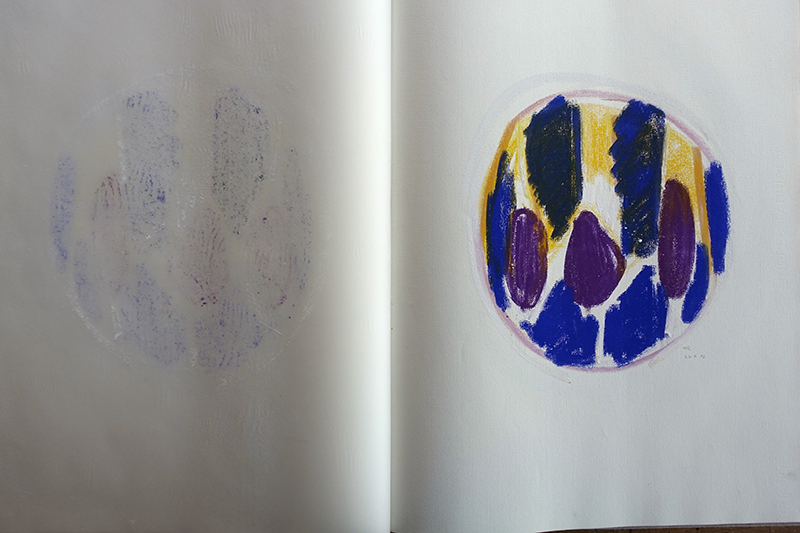
Could you describe your professional background?
Primary school, Liechtenstein Grammar School, University entrance qualification; travelling for several months to islands in the Aegean and Mount Athos; 3 years self-taught artist; studies at the art academies of Urbino and Bologna.
Worked at the Community Centre Resch for 8 months; one-year ‘oceanic’ journey to India, the Indian Himalayas, Zanskar, Ladakh, Nepal, and Indonesia; later three-month stay in Bhutan as part of the Liechtenstein Cultural Foundation Art Scholarship. Freelance for about 20 years. From 2000-2019 lecturer at the Uni.li, (or its predecessor institutions) for visual and analogue design.
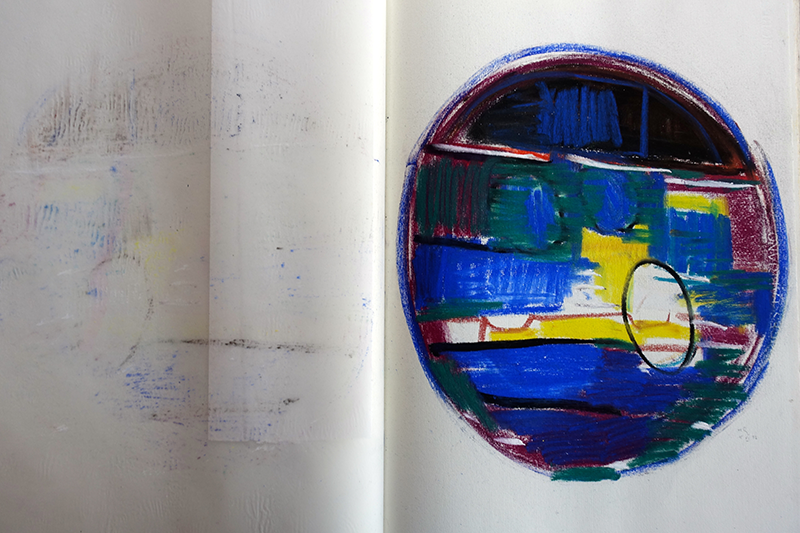
Were there certain events or stations that were formative for your career?
Groundbreaking: In the second grade of grammar school, the artist Martin Frommelt taught for a few months in a lively and completely unconventional way, which opened my eyes to form and colour.
Were there certain people who were formative for your career?
An encounter with Robert Altmann was formative, in whose CCC (Centre for Art & Communication) I had my first solo exhibition in 1979. His Editions Brunidor have remained my standard and benchmark.
Has your environment supported you in your career?
Great and intuitive understanding on the part of my mother, initially scepticism on the part of my father, then acceptance. Support from my siblings. Wonderful collaboration with my cousin Joachim Kranz.
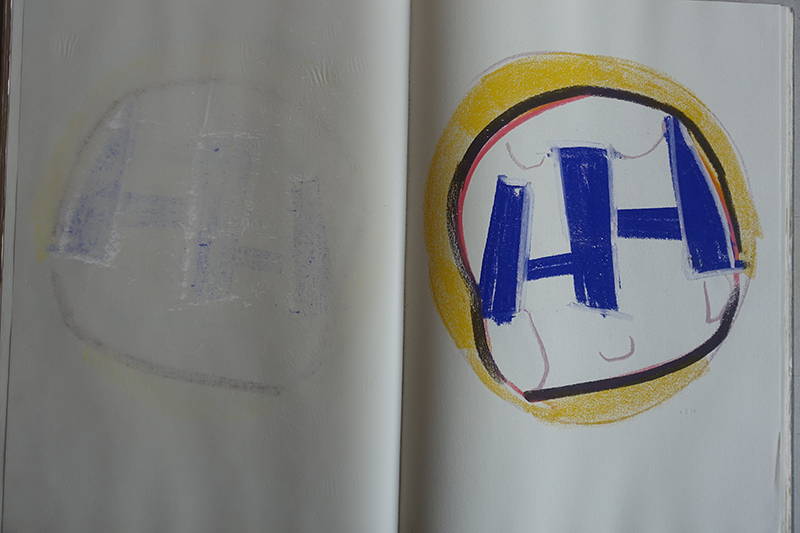
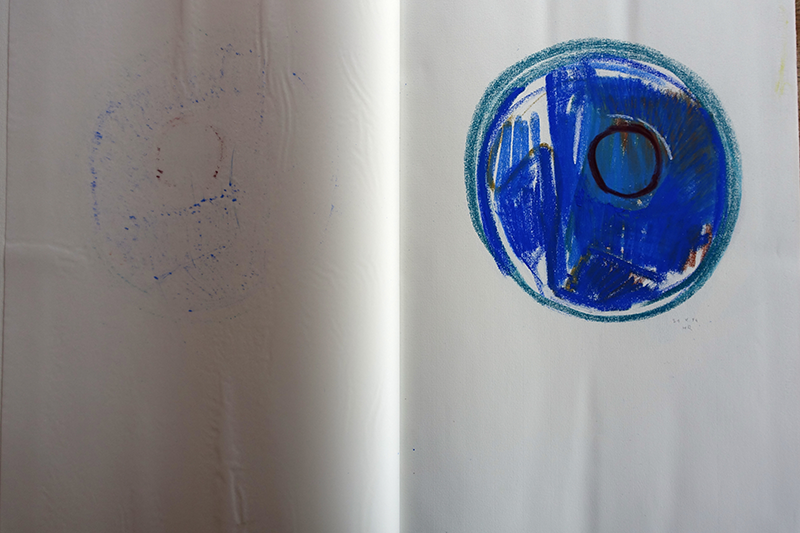
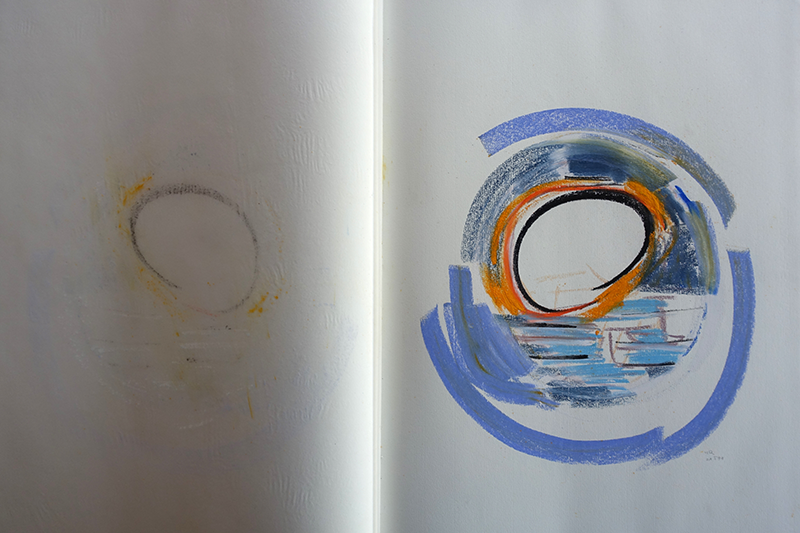
What are your current activities?
I vagabond in my studio, read, paint, correspond, write, collect books, am passionate about chess, run a small niche antiquarian bookshop, act as co-editor of the yearbook at the Literaturhaus and am a member of their programme committee. Since its foundation in 1993, I have been president of the NGO Tibet Support Liechtenstein. I am co-organiser of the biennial Liechtenstein Literature Days; together with Roman Banzer and Roy Sommer, I am involved in the storytelling project ‘Liechtenstein erzählen’. ‘Demokratische Momente’ was published in 2017, ‘Aufbrüche’ in 2019 by Limmat Verlag, ZH.
We are currently working on the third volume with the working title ‘Entwürfe’.
Does what you are currently doing fulfil you?
My days are too short for my interests, inclinations & passions.
Do you think that you yourself have an influence on whether your activities are fulfilling?
You have to take the reins in your own hands. Nothing can be achieved without initiative, passion and consistency. Self-motivation, the inner fire is decisive. You have to create the magic yourself.
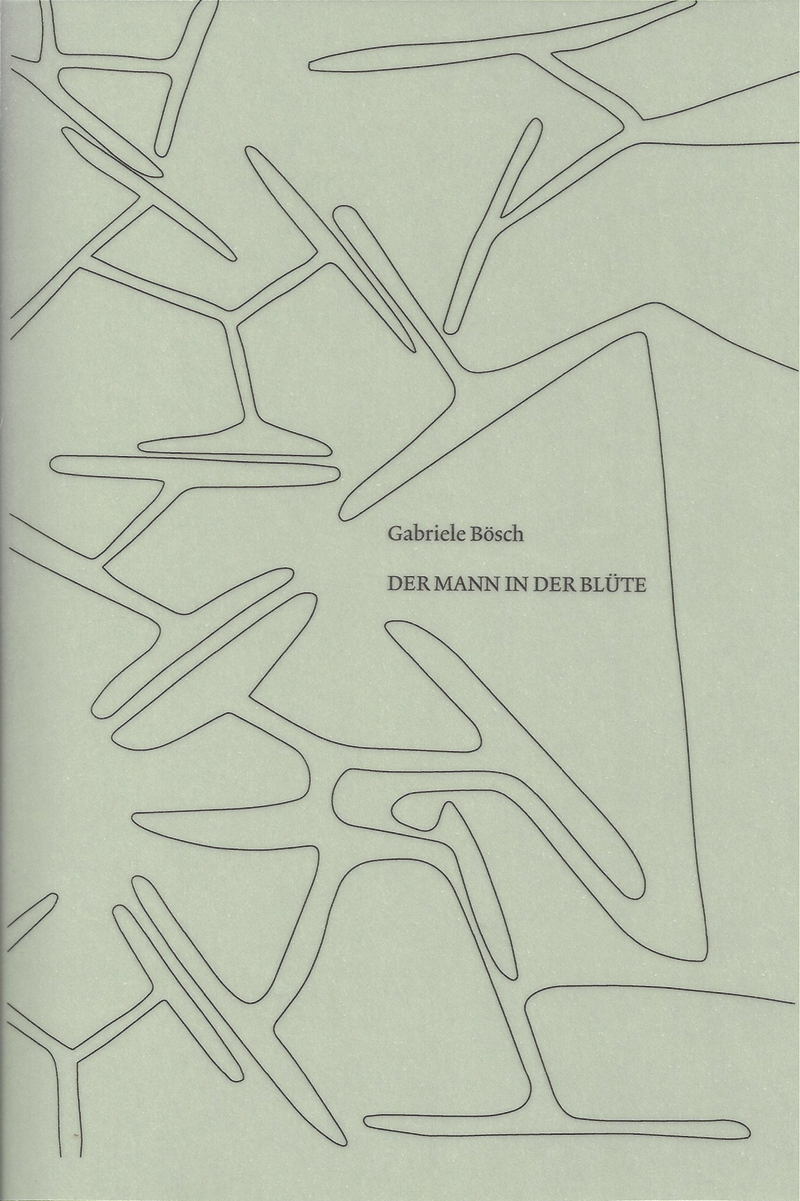
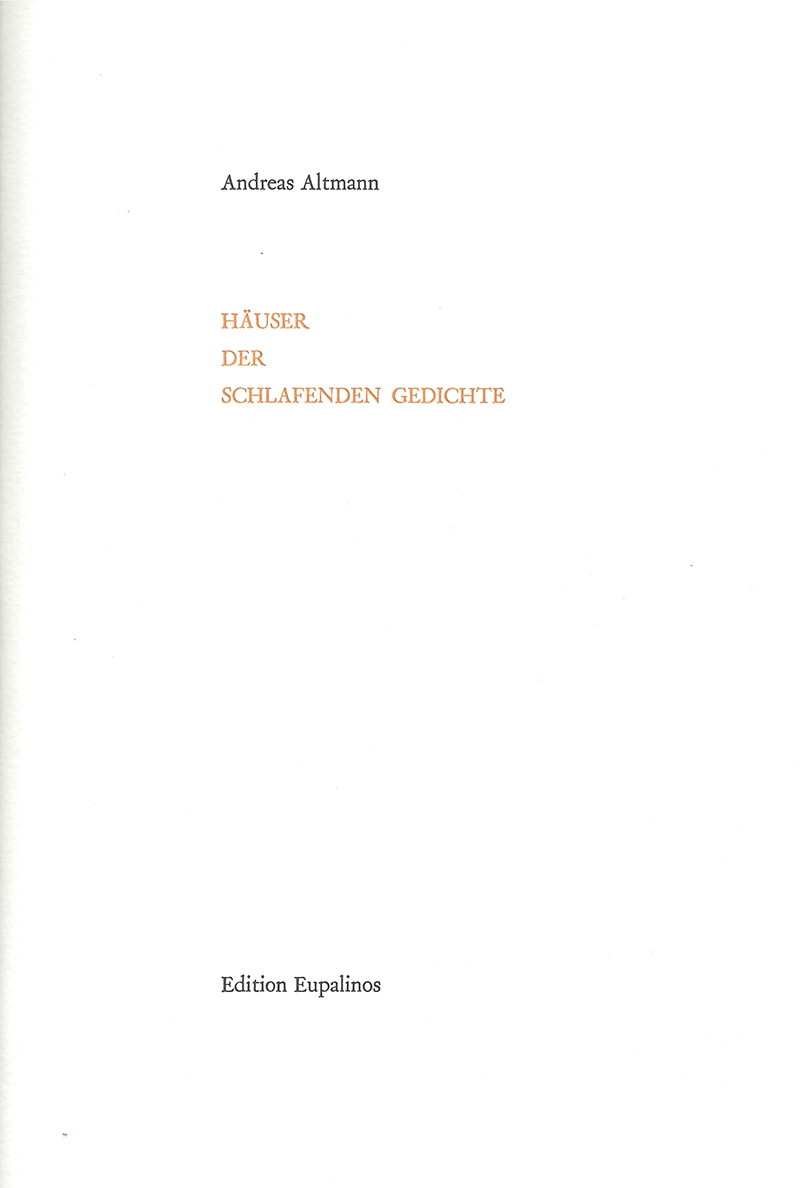
What or who inspires you in everyday life?
The studio, a certain light created by the Föhn (regional warm wind), a certain nonchalance.
What or who gives you strength and energy in everyday life?
Meetings with people who do what they do with passion and intelligence.
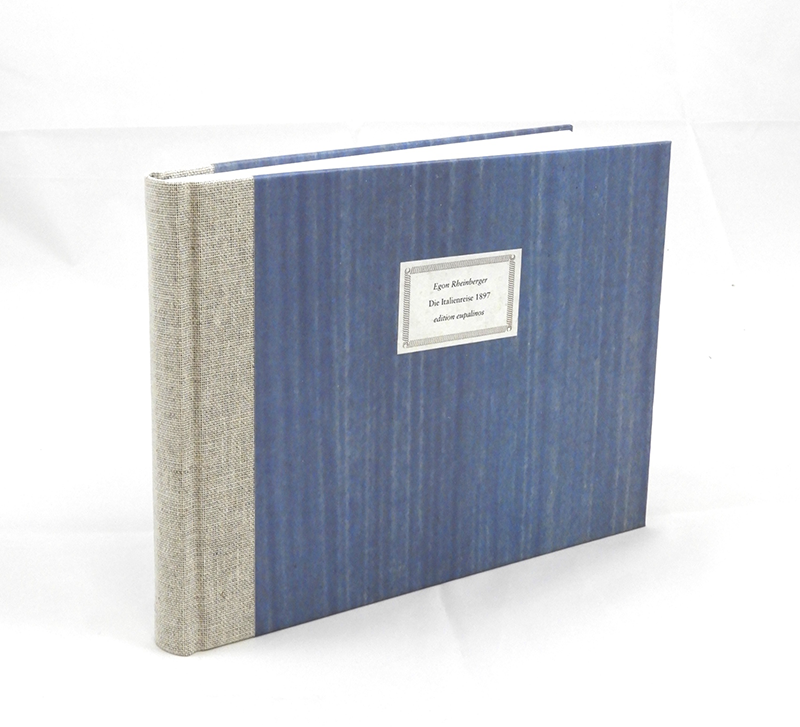
There are ‘magic moments’ when everything seems to fit. Moments that fulfil, inspire and give strength. Moments that confirm that the effort is worthwhile and that what you do is meaningful and valuable. Have you already experienced such moments in relation to your own activities?
When, for example, a pastel work succeeds and the mixture of lightness and pressure is right, it inspires.
Everything then seems attainable, the finest whiteness and a chromatic density, everything is still to be said, differently, but authentically
Do you actively do something for it, so that such ‘magic’ moments can happen?
Keep your hands free, don’t get too bogged down, stay open and available for a certain secret mystery.
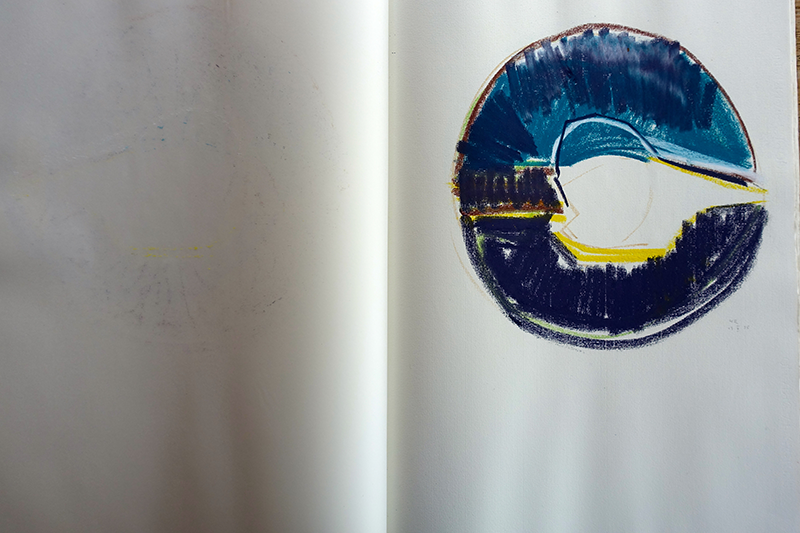
Are there moments when you doubt what you are doing?
Doubt is the sting that keeps you awake. One is never ‘saved’ or ‘off the hook’.
In silence finding courage and sources of resolve in masters helps me.
In retrospect, can you find something positive in difficult moments?
Inner crises, when overcome, make one light as a feather and lost to the world.
Is there anything you would do differently in retrospect?
I should perhaps have ended my almost 20-year commitment to Uni.li 5 years earlier in order to channel my energies exclusively into my own projects. Reason: The Curriculum is in a state of contant change, over too short periods or only due to external factors; this tires and prevent one from working out the teething problems of a system. The quality of a teaching activity essentially consists in the best possible intensity of transmission. Creating the space and freedom for this does not usually sound so good on paper, because it still has to be filled with life and spirit.
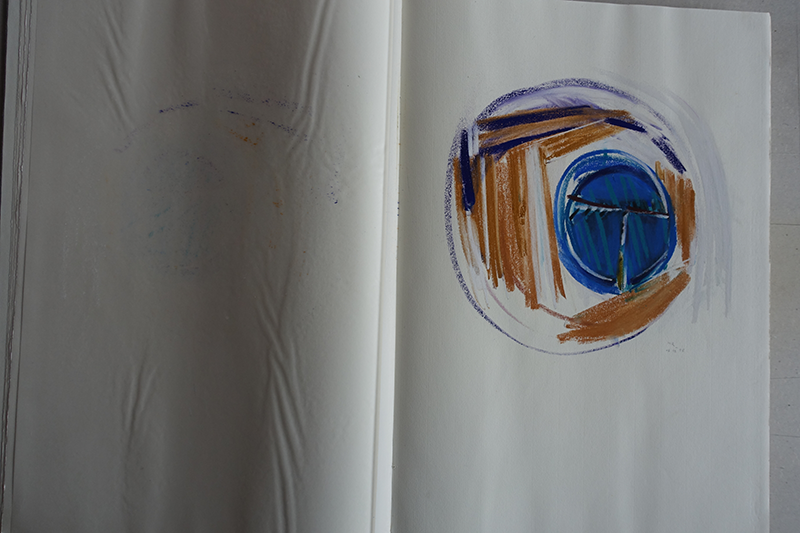
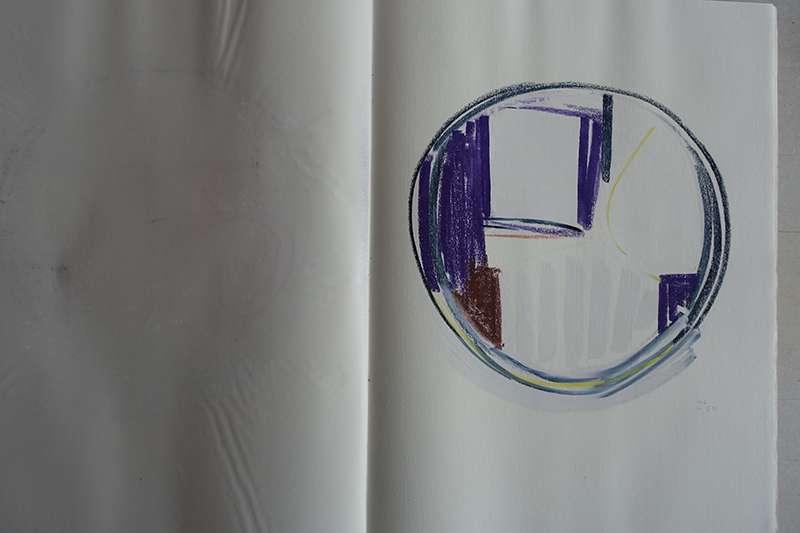
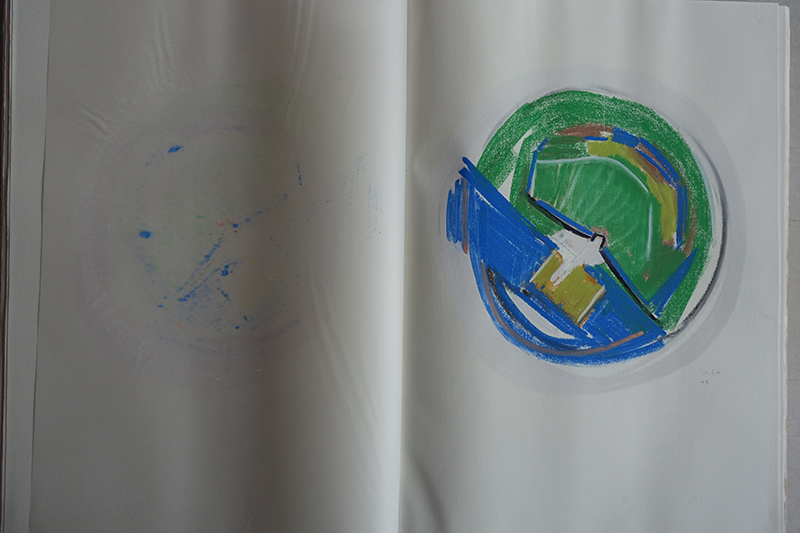
Do you want to contribute to society with your activities?
Of course! In my work I try to ignite the sense of possibility in others, to imaginatively think for myself, which sometimes can be infectious.
Is the recognition of other people or the public important to you?
Recognition from people who mean a lot to you works like balm….
How well can you live from what you do professionally?
I engage in cultural activities, versatile parallel actions that provide me with the food for my very own art.
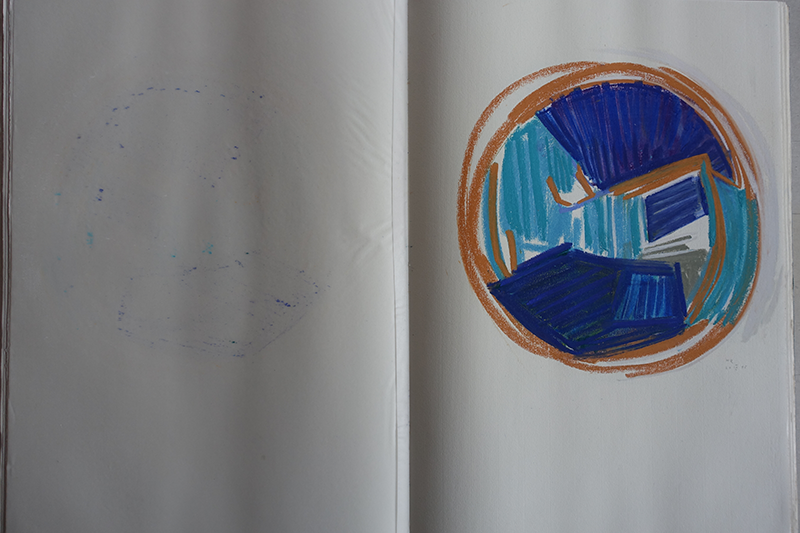
Is there something that is particularly occupying you at the moment?
It is painful to observe Liechtenstein’s weakness in implementation under the best external conditions. A transformation is needed: namely, to work towards loosening the handbrakes so that a climate of acceptance and effectiveness is created, so that big ideas such as the re-naturalisation of the Rhine are given a chance.
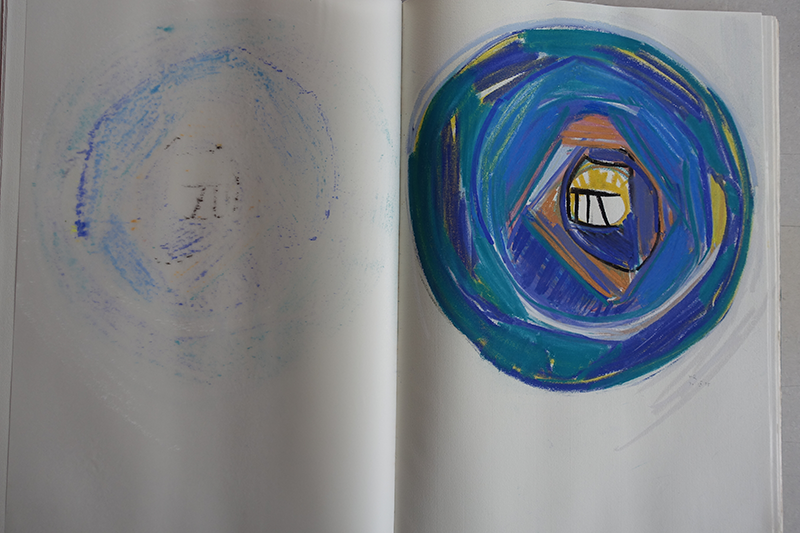
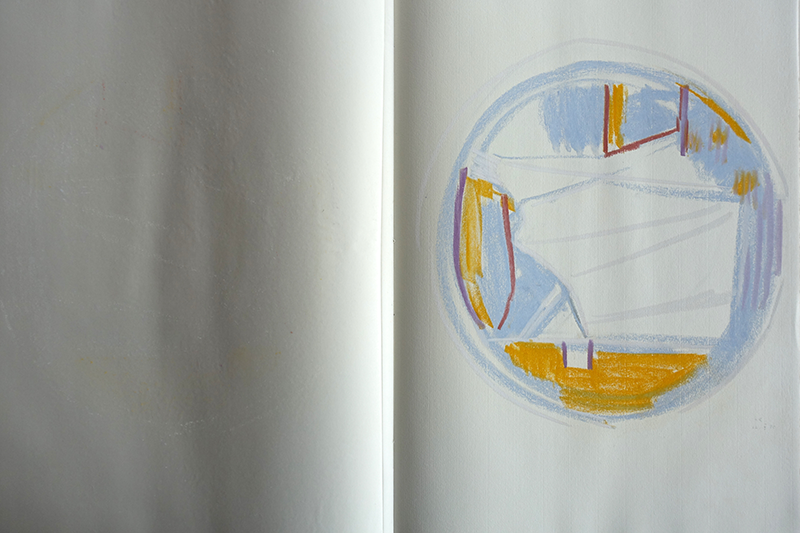
Is there something you would like to (increasingly) spend time on in the future?
To continue to ‘charm’ the mystery of π with graphic means, to realise a few outrageous editions, to write a few trifles, to organise bold literary days, to transform free thoughts into works.
What are you most grateful for in life?
I am especially grateful that I met my daughter Gianna thanks to Irmi.
Interview
Laura Hilti, January 2021
Links
www.hajqu.com
www.erzaehlen.land
www.lielit.li
Credits
Portrait photo: Brigitte Risch
All other photos: Hansjörg Quaderer
This interview is part of the project ‘Magic Moments’ by Kunstverein Schichtwechsel, in which people are interviewed about their careers, activities and their magical as well as difficult moments.
Curated by Stefani Andersen and Laura Hilti, Kunstverein Schichtwechsel.
Supported by Kulturstiftung Liechtenstein and Stiftung Fürstl. Kommerzienrat Guido Feger.
>>> All interviews
